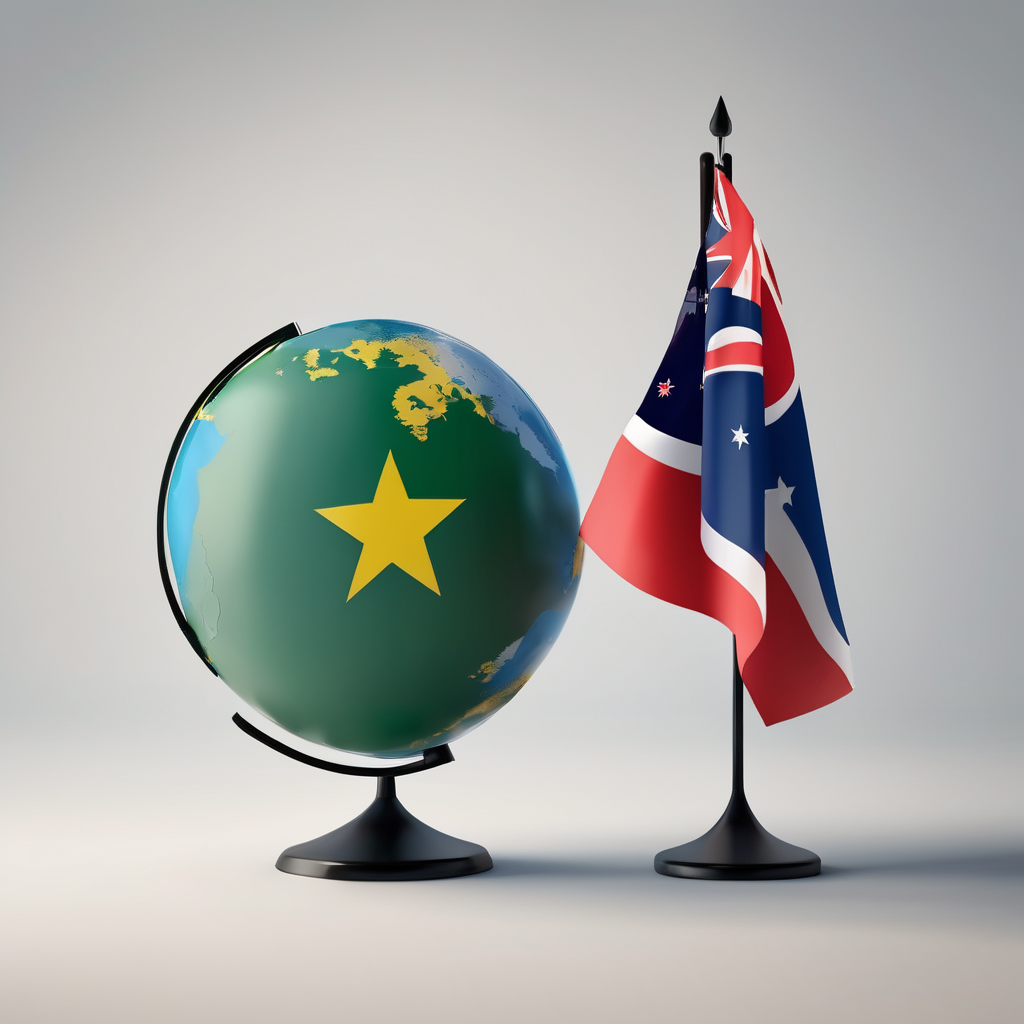Australian Prime Minister Anthony Albanese announced on Sunday that he has reached out to Turkish President Tayyip Erdogan in an ongoing effort to resolve the dispute between Australia and Turkey over who will host the COP31 climate summit next year. Both nations submitted bids in 2022 for the prestigious United Nations climate conference, and negotiations have stalled as neither side appears willing to yield.
In a statement made during an appearance on Sky News, Albanese remarked that there is “no real process for finalising the matter,” adding, “We’re continuing to engage.” He emphasized that Australia’s bid is backed by a regional coalition of 18 nations, the Pacific Islands Forum, which recognizes the pressing vulnerabilities faced by Pacific island nations due to climate change, including existential threats from rising sea levels.
Albanese underscored the urgency of the situation, citing countries like Tuvalu and Kiribati, which are particularly vulnerable and thus distinguish the significance of COP31 as a forum for addressing climate issues relevant to these nations. He articulated a commitment to protecting the interests of these countries, as their challenges are indicative of broader climate concerns affecting the region.
Turkey, meanwhile, has argued that its Mediterranean location could mitigate emissions from travel for conference delegates, alongside presenting a smaller oil and gas industry in comparison to Australia. In light of this impasse, the United Nations has urged both countries to reach a consensus, labeling the ongoing delay as unnecessary and unhelpful. A June deadline was set for an agreement, which has yet to be realized.
The decision on the host country for COP31 must be unanimous among the 28 members of the Western Europe and Others Group, complicating the situation amid competing bids. The outcome remains highly anticipated, as it could play a pivotal role in driving climate diplomacy and engaging a broader array of international stakeholders in addressing pressing global climate challenges.
In recent developments, Australian Climate Change Minister Chris Bowen has emphasized the robust support from Pacific nations for Australia’s bid. This collaborative approach is viewed by Pacific leaders as an opportunity to position the region at the forefront of climate action while fostering unity and demonstrating international commitment to ambitious climate goals.
Despite challenges and differing perspectives on hosting costs and the logistics of the summit, there remains a collective aspiration for progress—a hope that this summit could lead to meaningful action and increased momentum in combating climate change.
